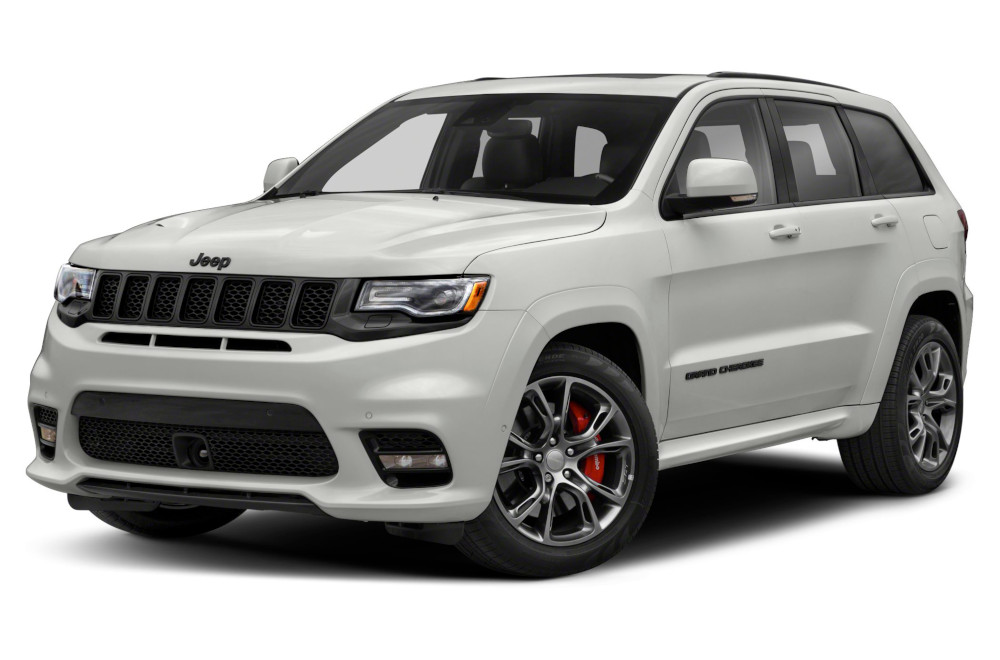Easter Island’s giant stone heads came to symbolize the collapse of a society.
Our symbol should be the SUV.
Next month, the International Energy Agency will release a report on the extraordinary growth in SUV sales around the world between 2010 and 2018, when we were supposed to be getting serious about the climate crisis.
SUVs — heavier and much less fuel-efficient — made up about 18 per cent of vehicle sales in 2010. By 2018, their share had more than doubled, the association found. In 2010, about 35 million SUVs were rolling around the world; by last year there were 200 million.
It’s bad news for the climate. Our global infatuation with SUVs has added 544 megatonnes of carbon emissions a year — about the same as Canada’s total annual emissions.
SUVs’ share of new car sales in India and China have almost tripled. In Canada, 167,000 vehicles were sold in September. Three-quarters of them were SUVs and pickup trucks.
Personal choices have global consequences. If you choose to buy a roomy but efficient car — like the efficient full-size Hyundai Ioniq — and drive a fairly typical 15,000 kilometres a year, you’ll produce 1.4 tonnes of carbon emissions, according to Natural Resources Canada.
But if you opt for a Jeep Grand Cherokee, you’ll produce four tonnes of emissions. And you’ll spend almost three times as much on gas.
Of course SUVs make sense for some people. If you live in the wintery north or bash along forest roads, then a big four-wheel drive vehicle gives an extra level of security.
But 80 per cent of Canadians live in cities. They aren’t battling unplowed winter roads. They don’t need SUVs, or gigantic pickup trucks with uber-masculine names like Ram, Titan and Tundra.
Governments can do more — set stricter fuel efficiency requirements for manufacturers, limit advertising for high-emission vehicles.
But if we don’t care, they won’t either. ![]()
Read more: Energy, Transportation, Environment
















Tyee Commenting Guidelines
Comments that violate guidelines risk being deleted, and violations may result in a temporary or permanent user ban. Maintain the spirit of good conversation to stay in the discussion.
*Please note The Tyee is not a forum for spreading misinformation about COVID-19, denying its existence or minimizing its risk to public health.
Do:
Do not: